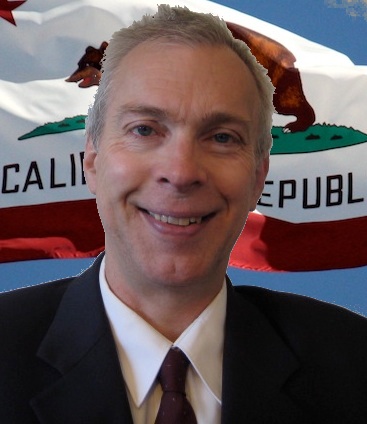slow growth and relocalized monetary growth versus velocity vectorized fast growth
"Tax Policy is Economic Policy!"
(series: part 2 of 2 - continued from part 1)
from Genuine Progress Indicator --- Coupled to the same time line to avert the most catastrophic climate change-caused events has to be a conversion of California and the U.S. to a sustainable or "steady-state" economy. Two guiding principles: natural resources are not used faster than they can be replenished by the planet, and waste emissions are not deposited faster than they can be absorbed. Scientists' roles define what levels of consumption and emission are sustainable - producing estimates that economists can work out how to achieve those limits, and how to encourage innovation in maximizing the utilization of available natural resources. Two main mechanisms are employed. The first is a cap-and-trade system, under which companies can buy and sell emissions permits for reducing carbon emissions. The second is to change what is taxed. We are gradually abolishing Income tax (a very regressive tax) is shifted to taxing resources at the point at which they are removed from the biosphere: oil as it is pumped from the ground. This raises the price of those resources, and encourages people to use them sparingly. The regressivity that poorer people experience by paying a higher proportion of their incomes on goods and services than the rich - is offset this by using revenues to fund benefits, programs and projects geared for those on the lower income levels. Without economic growth to raise incomes, poverty is addressed by transitionally redistributing resources by setting upper limits for income inequality. The permitted range of incomes reflects and rewards real differences and contributions rather than just multiplying privilege. Plato thought it was a factor of 4. Universities, civil services and the military have always seemed to manage with a factor of 10 to 20, but in the US corporate sector saw factors over 500 up to 19,000 in AIG's case. The optimal overall range from a factor of 30 upwards to 100, so if the lowest salary in a company is $10,000, the highest for a top manager is $1 million. Eventually, we may try to bring this down to $300,000. Growth is allowed, so long as it doesn't exceed limits set by ecologists. Interest rates have therefore fallen very low, approaching zero. Though the rate of physical throughput of resources is limited, increases in efficiency and developments in technology are allowing us to get more and more out of the resources we have. This increases the value of the economy. (Note: You can view every article as one long page if you sign up as an Advocate Member, or higher).
Why haven't we gone to the GPI metric already?
"In this Age of Deceit, it is a revolutionary act to tell the truth."
We are taught by growth economics that consumptive, endless growth is desirable and that steady state economics will not provide an adequate economic engine to satiate the population's consumption level. Orwellian doublethink is at work when society believes the intertwined runaway curves of consumption which define burgeoning economic activity and the runaway curve of the endlessly increasing level of Global Greenhouse Gas are acceptable and necessary for "our lifestyle" in the United States - which uses energy at 6 times the per capita of other countries in the world.
Doublethink is the act of simultaneously accepting two mutually contradictory beliefs. It is an integral concept of George Orwell's dystopian novel Nineteen Eighty-Four.
The following quote by F. Scott Fitzgerald, who died prior to the publication of 1984, is notable in the context of Orwellian doublethink:
"The test of a first-rate intelligence is the ability to hold two opposed ideas in the mind at the same time, and still retain the ability to function."(*) Also notable, in the same context, is Aristotle's observation that: "It is the mark of an educated mind to be able to entertain a thought without accepting it"' http://en.wikiquote.org/wiki/Aristotle#Unsourced





